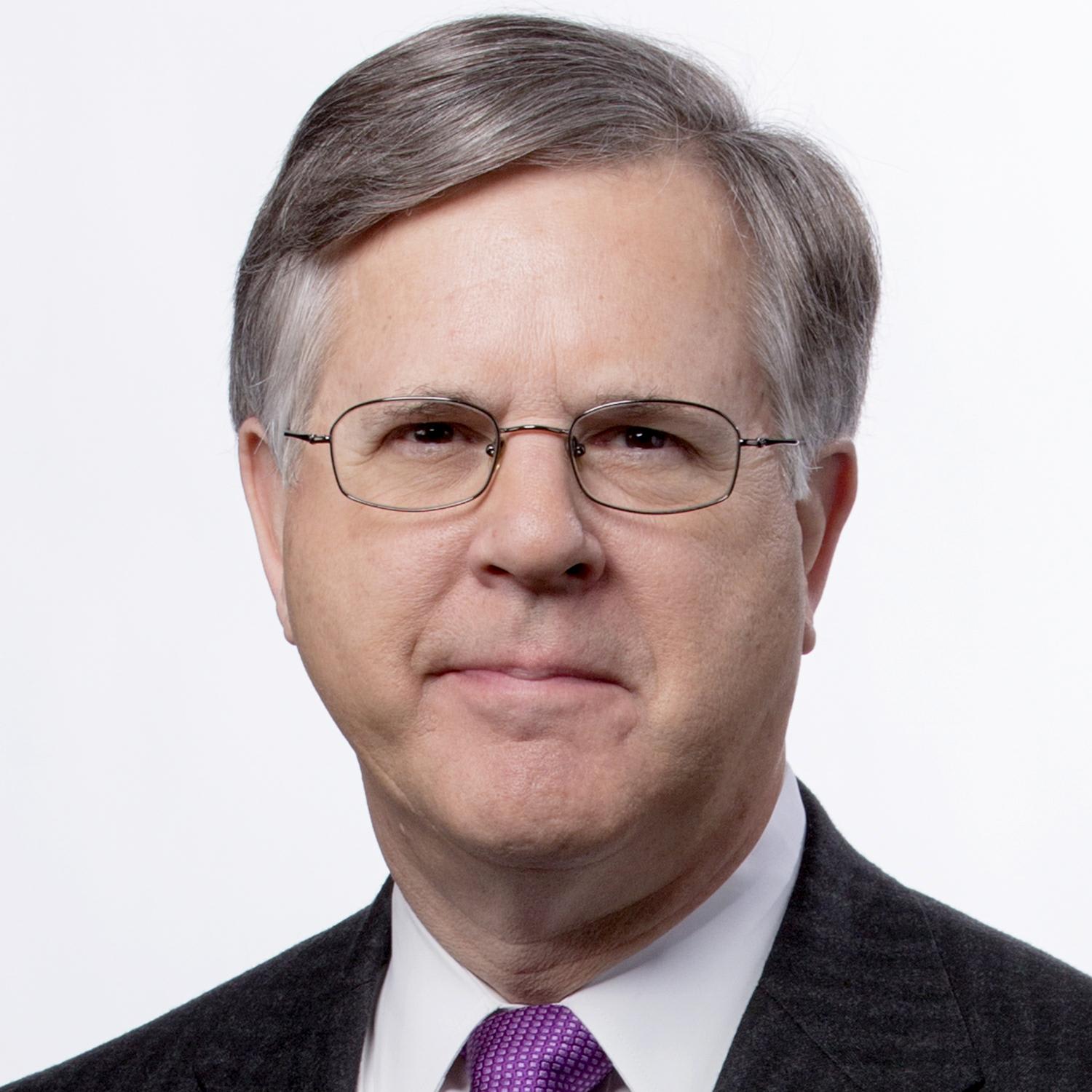Breaking News Emails
WASHINGTON — The Supreme Court ruled Thursday that a huge concrete cross can stay on public land in suburban Washington, rejecting a claim that its presence is an unconstitutional government endorsement of religion.
By a 7-2 vote, the court said such monuments are essentially historic, not religious, a ruling that potentially extended protection to hundreds of similar tributes nationwide.
"With sufficient time, religiously expressive monuments, symbols, and practices can become embedded features of a community's landscape and identity," Justice Samuel Alito wrote. "The cross is undoubtedly a Christian symbol, but that fact should not blind us to everything else that the Bladensburg cross has come to represent."
The decision was a victory for defenders of the Peace Cross, a 40-foot-tall structure that has stood for more than 90 years in Bladensburg, Maryland. It was built with private funds to honor 49 servicemen from the region who died in World War I. A state parks commission took it over in 1961 to provide for its maintenance, and it now sits in the middle of a busy traffic interchange.
Supreme Court allows cross memorial in Maryland to stand
June 20, 201902:27The court rejected a challenge from the American Humanist Association, which filed a lawsuit claiming that the presence of the cross on public land was an endorsement of a single religious faith.
Justices Ruth Bader Ginsburg and Sonia Sotomayor dissented. By maintaining the cross on a public highway, Ginsburg wrote, the county "elevates Christianity over other faiths, and religion over nonreligion."
She took the unusual step of announcing her dissent from the bench. "In World War I and thereafter, the cross was never perceived as an appropriate headstone or memorial for soldiers who did not adhere to Christianity," she wrote.
The state parks commission defended the cross as a memorial designed to mirror cross-shaped markers on the graves of American service members overseas. In the aftermath of World War I, it said, crosses became the cultural symbol of the fallen, as depicted in one of the most famous poems of the war: "In Flanders fields the poppies blow/ Between the crosses, row on row."
Thursday's Supreme Court opinion quoted from that poem by John McCrae. "The image of a simple white cross developed into a cultural symbol of the conflict," Alito wrote.
"The adoption of the cross as the Bladensburg memorial must be seen in that historical context," he said. "Its removal or radical alteration at this date would be seen by many not as a neutral act but as the manifestation of a hostility toward religion."
Because Thursday's ruling relied so heavily on the history, it suggested that an attempt to build such a cross to honor war dead today might not pass constitutional muster.
The Trump administration urged the court to let the cross remain. In a friend of the court brief, the Justice Department said the Constitution's ban on an establishment of religion does not prohibit the acknowledgment of religion in public life.
"Passive displays generally fall on the permissible side of that line, because they typically do not compel religious belief," it said.
Thursday's ruling adds to the muddle of past Supreme Court decisions on the acceptability of public displays or expressions of religious faith. The court has upheld opening prayers at legislative sessions and has ruled against challenges to "In God We Trust" on currency or the phrase "Under God" in the Pledge of Allegiance. But it also invalidated displays of the Ten Commandments in local courthouses.

